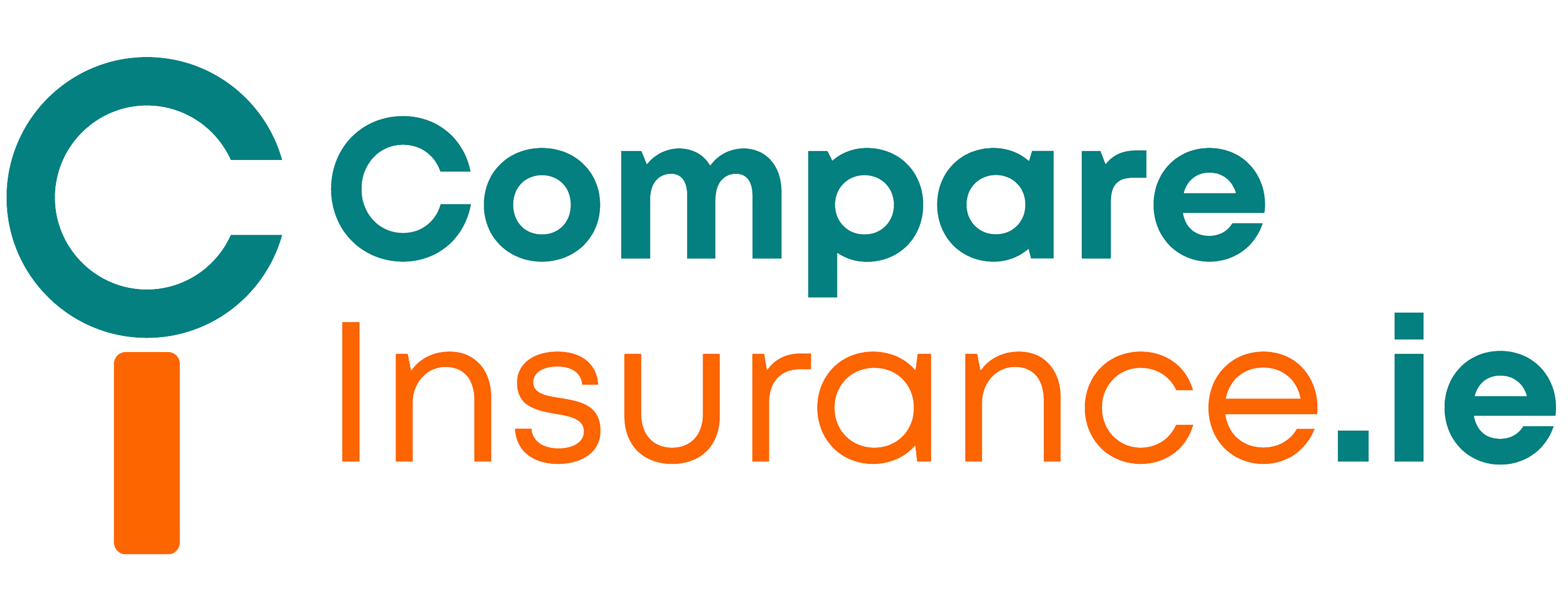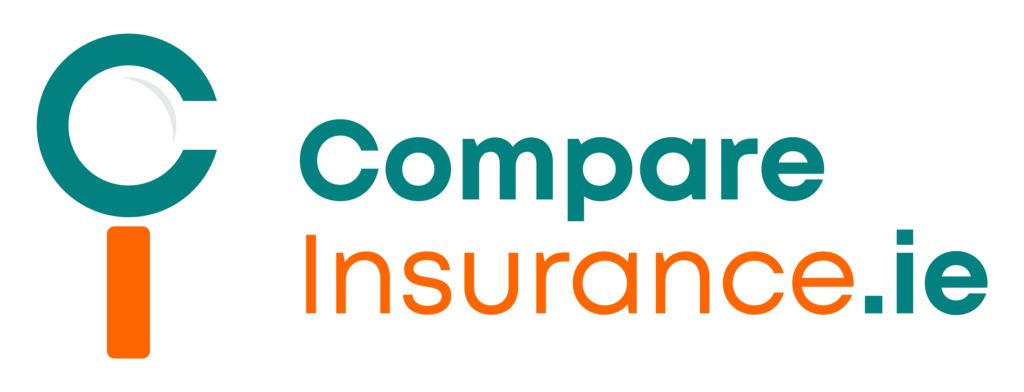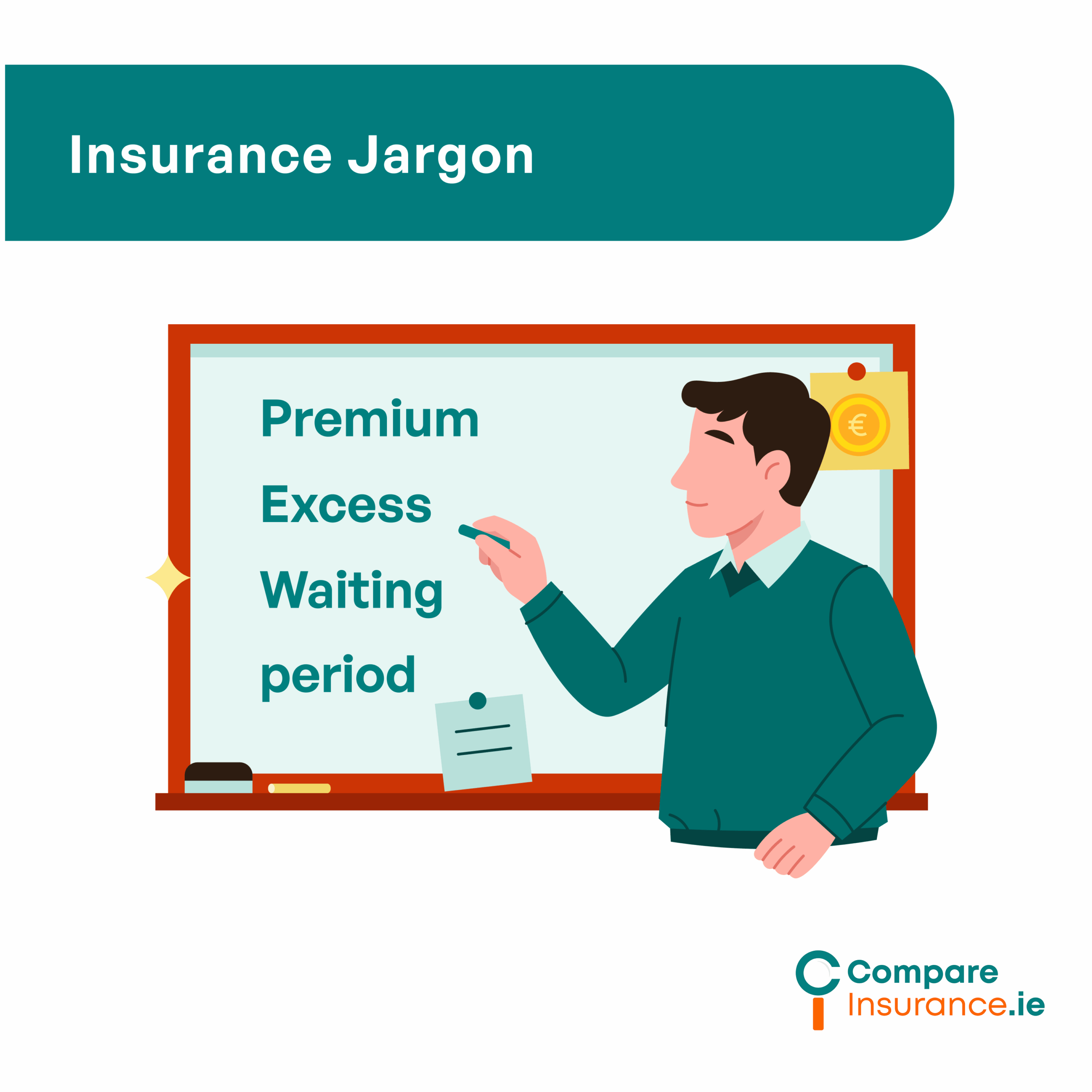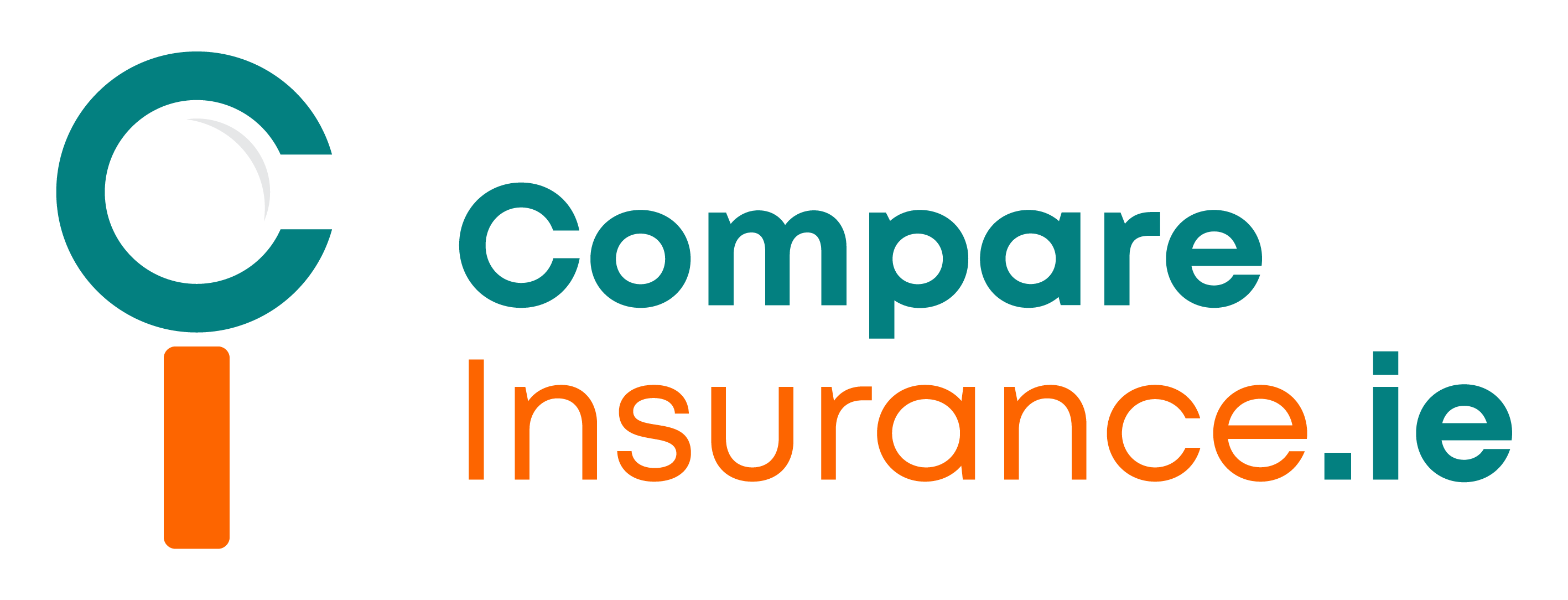When reading about insurance products, it can seem that there is a whole other language to be learned and the jargon can be really confusing.
To help you to make informed choices about insurance, here at Compare Insurance we have compiled a list of common terms and their meanings.
Hopefully, this will simplify some of the decisions you will have to make when purchasing any insurance product as well as make it easier to understand your insurance cover and compare quotes.
Compare Insurance bringing you information
At Compare Insurance, we are dedicated to bringing you information to help you make informed choices about insurance.
Check out our other articles on the world of insurance, or browse our information on different insurance types.
We work with all leading Irish insurers to provide you with really competitive quotes, so that you can save yourself hassle when shopping around for insurance.
Complete our online assessment today to get great quotes for home insurance, motor insurance, business insurance, life insurance, and other types of insurance, saving you the legwork and stress when it comes to renewal time.

Author: Séamus Ó Doirín | Chief Insurance Editor
Séamus Ó Doirín is a Donegal based QFA who has been writing about insurance since 2020. His main focus is getting people the best value for insurance in the Irish market. His writing covers all areas of insurance and is a valuable part of the Compare Insurance team.



